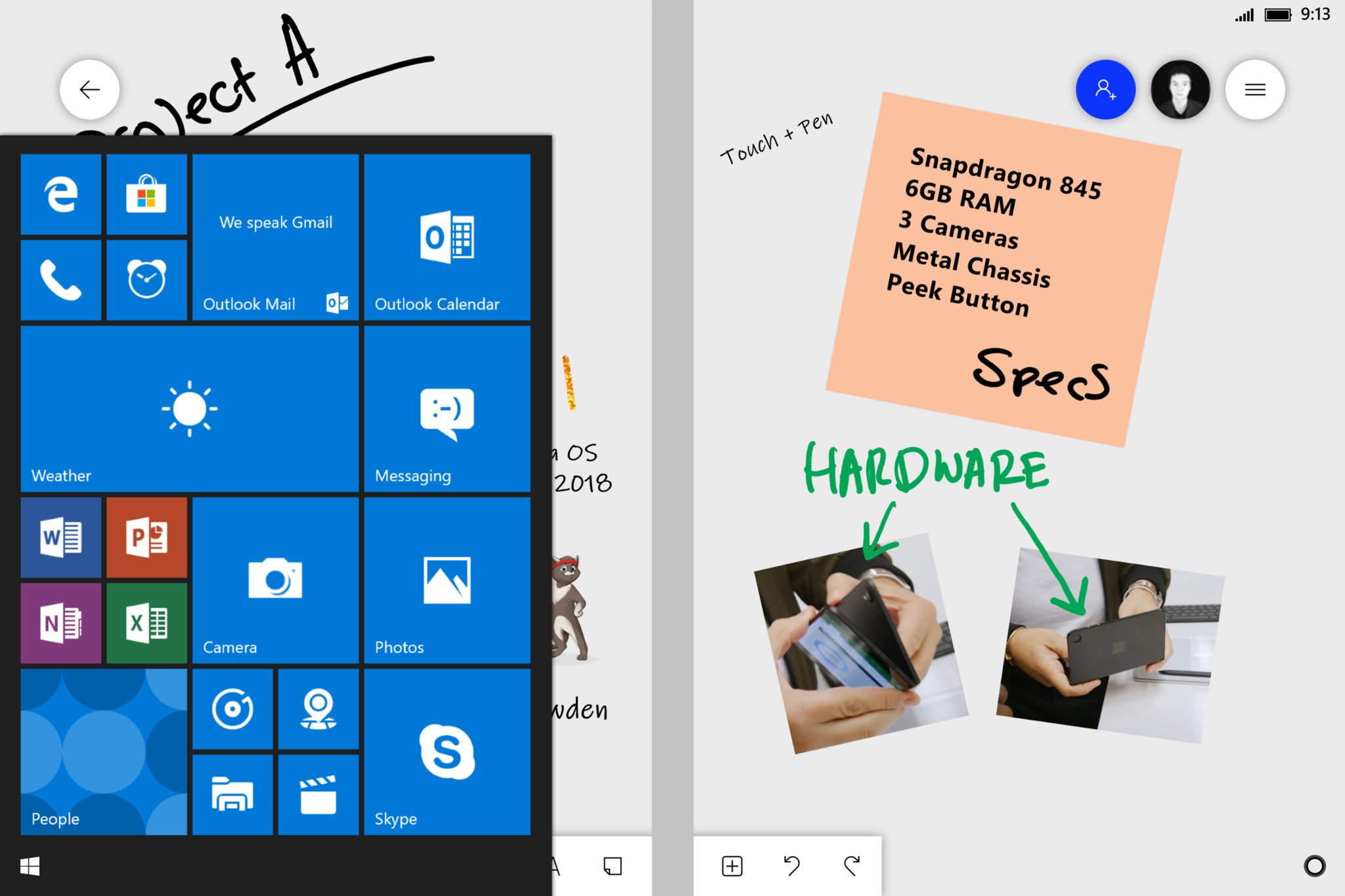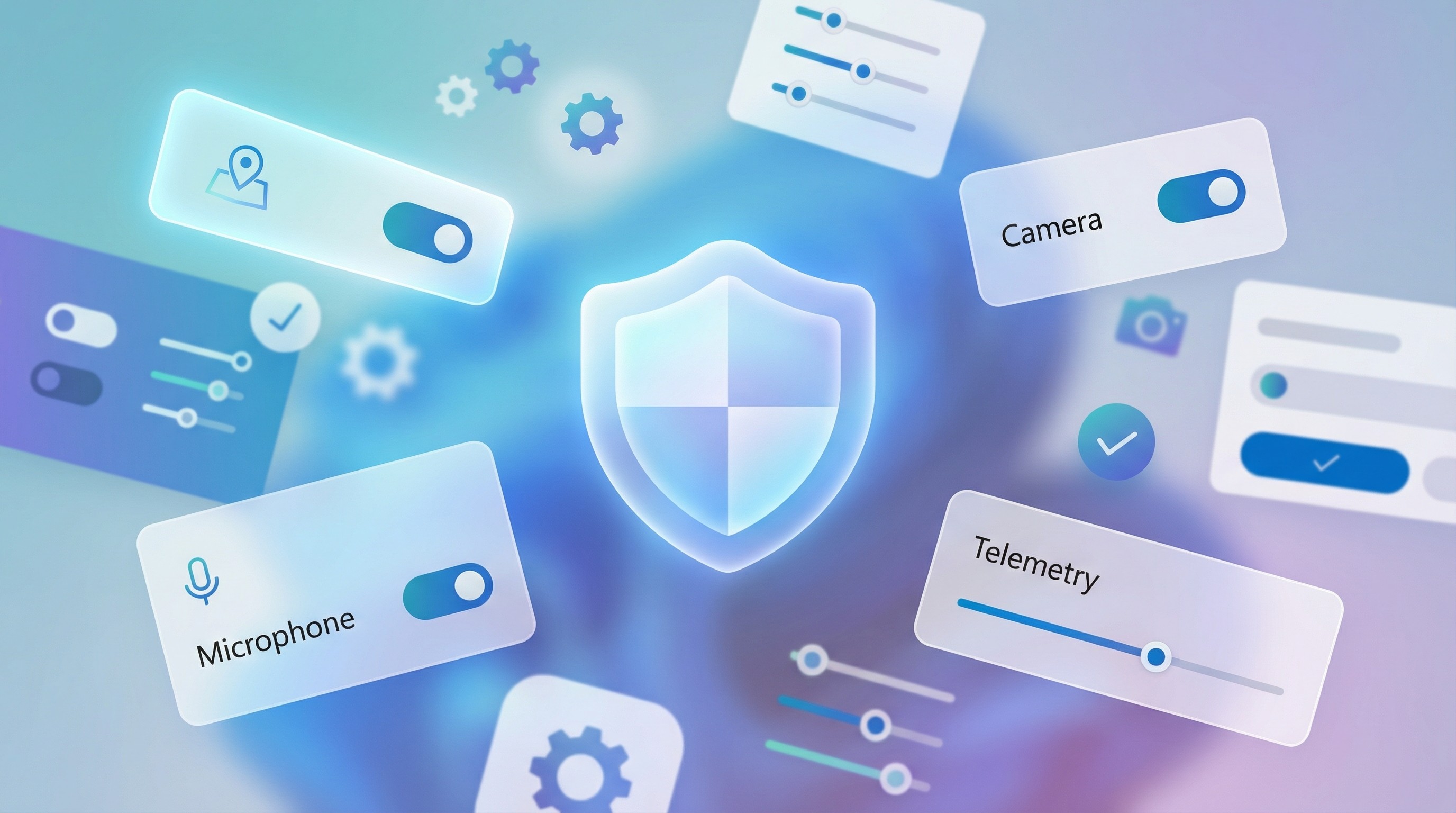5 reasons why Microsoft canceling 'Project Andromeda' was the right choice
While fans wanted it, everything was against Microsoft in 2018 to give Andromeda any hope for success.
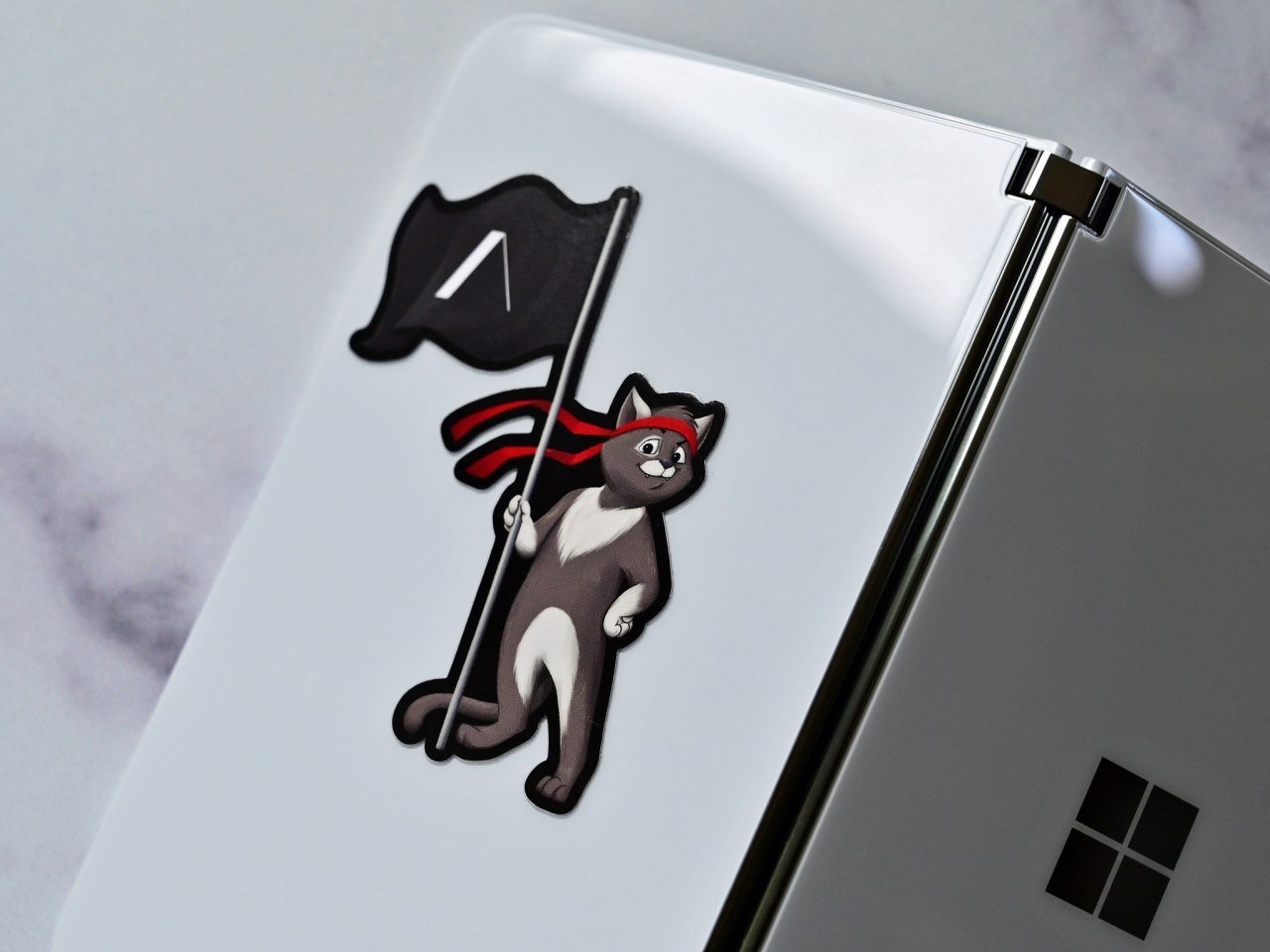
All the latest news, reviews, and guides for Windows and Xbox diehards.
You are now subscribed
Your newsletter sign-up was successful
Despite some ingenious concepts and ideas, Microsoft's mobile ambitions have always been controversial, uphill battles. In our latest report, we detailed one such attempt under the name 'Project Andromeda.' The idea was killed over sometime in late 2018, but parts of it live on in the current Android-driven Surface Duo line of devices, and even in Windows 11.
Putting my personal feelings aside (I'd always prefer to use a native Microsoft OS instead of Android or iOS), canceling the project was the correct decision.
Here are five reasons why.
1. Behind schedule, and failed to deliver
File this under poor project management, but from what we have reported in the past, Andromeda was canned because it was way behind schedule and not hitting project milestones.
If you ever worked for a major company and oversaw a project that was not delivering the results you were tasked with producing, well, that's a dilemma. Companies have to think about and plan budgets, timeframes, coordination with hardware manufacturing, and even marketing. If everyone is waiting for the OS to be done and you can't deliver it, at some point, senior leadership needs to step in and make some tough decisions.
Yes, it's a lame reason, but ultimately, Andromeda failed to deliver the results. This issue seems to be an ongoing problem with Microsoft, whether it's Core OS, Andromeda, Windows 10 Mobile, Windows File System (WinFS), Windows 10X, or even "micro" OSes like on Microsoft Band.
Microsoft has an endemic problem creating and maintaining operating systems that are not proper x86 Windows. And that's technically another hidden reason: Would Microsoft have maintained and stuck with Andromeda OS?
All the latest news, reviews, and guides for Windows and Xbox diehards.
Let's also not forget that the entire UI would be supplanted by 'Sun Valley' and Windows 11 just a few short years later. That means Microsoft would have had to redesign it all at some point.
Tl;dr: The OS didn't work.
2. Not the right time: Windows 10 Mobile was dead
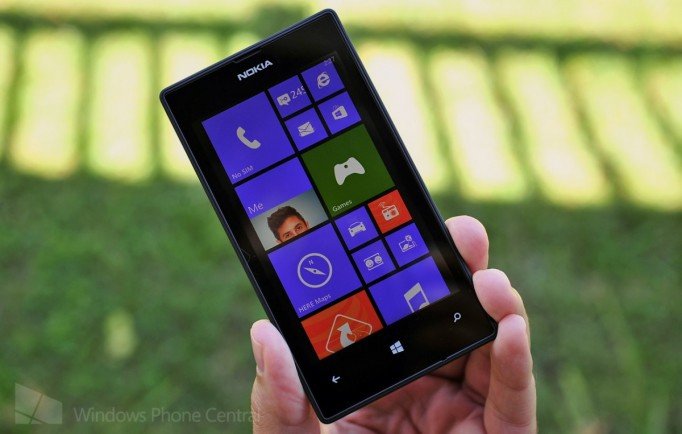
In late 2017, we were already reporting on the sad state of crowd-funded Windows phones for 2018. The timing for Andromeda was just off. Had the project started in 2013, maybe things could have been different, but in 2018 this was, without question, the nadir of Microsoft's mobile OS ambitions.
The heyday of Windows Phone was years in the past at this point.
Indeed, the best-selling Windows Phone was in 2014 with the $99 Lumia 520. Windows Phone never did well in the premium markets despite some headline-worthy (and fan-favorite) devices like the Lumia 1020, Lumia 1520, and Lumia 920.
When you combine those two points with the idea of a $1,400 Windows Phone, well, there's not a lot of evidence to suggest it would have sold well, even with the Surface branding.
3. The app gap was more real than ever
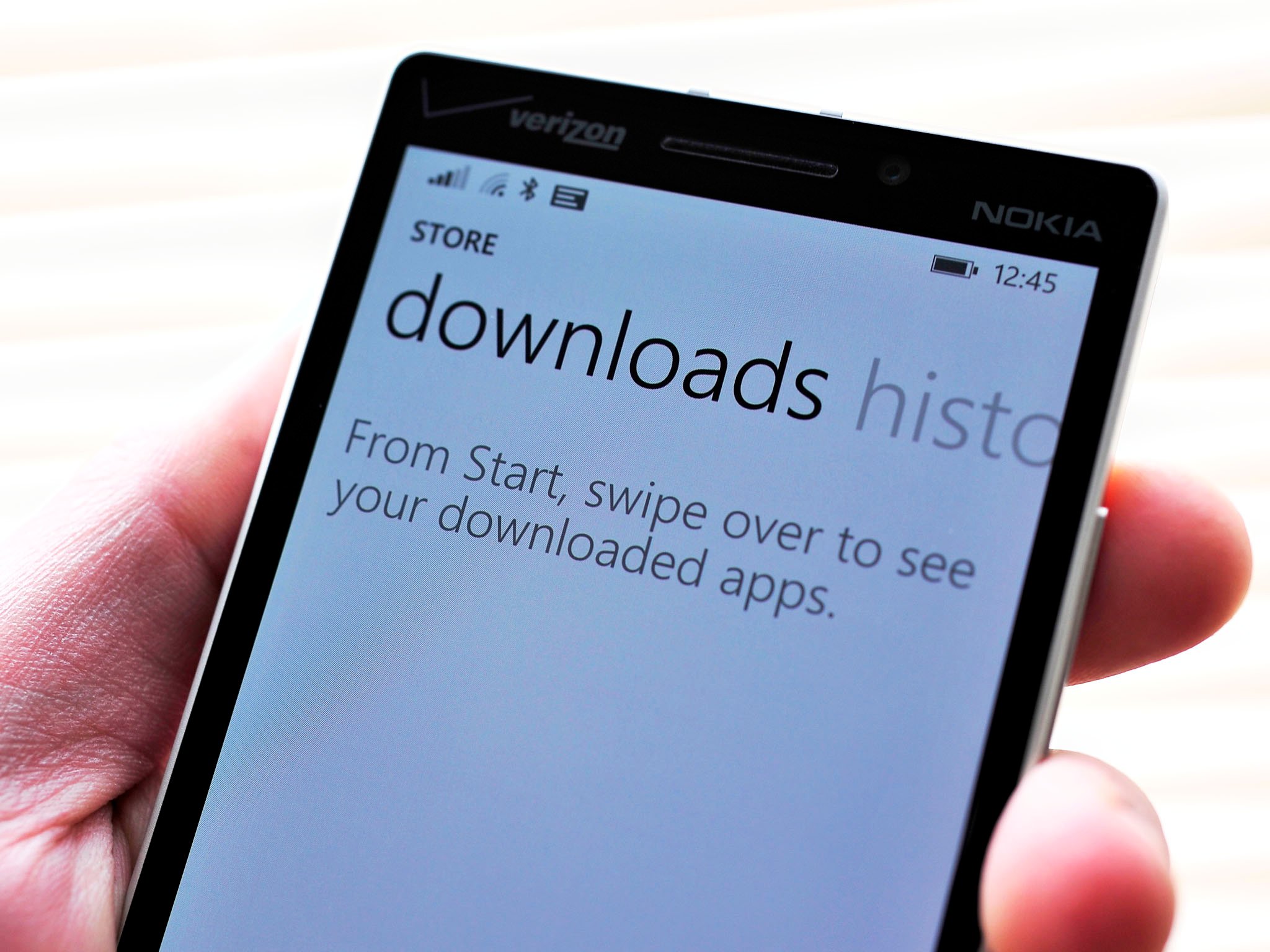
In 2018, developers mostly abandoned making apps for Windows 10 Mobile. Windows phone always had an app-gap problem, which is a whole other topic, but releasing a device in 2018 with only UWP apps from the Microsoft Store would have been even more problematic, especially if the device costs well over $1,000.
Sure, if somehow Project Andromeda was going to be a pocketable x86 Windows device, that'd be slightly better. But it was strictly ARM32/64. Interestingly, a pocketable real Windows PC was the original vision behind what is Surface Duo today, but the silicon just wasn't ready (and probably still isn't).
We can all lament Microsoft's current struggles with Surface Duo, but there's one thing you absolutely can't criticize it for, which is apps, and that's just a fact.
4. A digital mobile journal device is super niche
People criticize Surface Duo for being too specific to be successful. They say that there's not enough market for it to sell well. I have defended niches in technology before, noting how they are the catalyst for new high-tech paradigms.
But there are limitations.
Project Andromeda and the resulting dual-screen device would have very few apps, cost $1,400, and been primarily focused on notetaking and journaling. This emphasis on the pen is a hallmark of Surface, but also hearkens back to the "Microsoft Courier" concept.
It's a fascinating idea, for sure, but have you noticed how there are very few Android phones that support inking? If I asked you to name one, 99% of you would yell out Samsung's Galaxy Note series. And that's it. And even there, that's just a regular Galaxy phone with an S Pen and a few clever apps.
The pen features on Surface Duo and Surface Duo 2 are slowly coming together, but I'm not convinced a pen-first modality for a pocketable device would have been successful. Even Apple hasn't gone down this route yet.
To be clear, I'm not entirely against the idea, but when you stack up all the other reasons against Andromeda, it's a tough sell.
5. Andromeda's end game was not clear
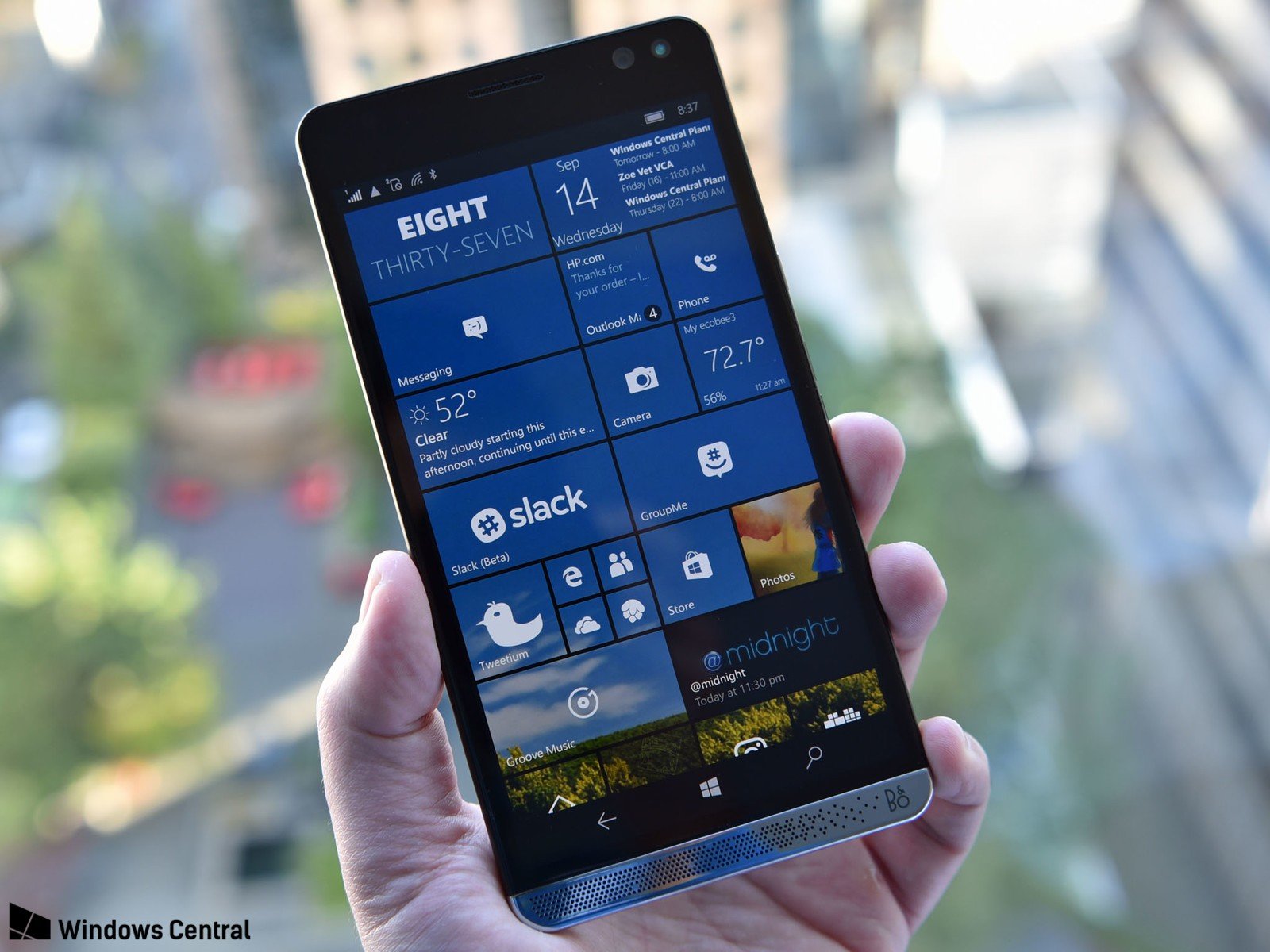
File this under "we just don't know," but what was the long-term point of Andromeda OS? Hear me out.
When Microsoft built Windows Mobile/Phone/10 Mobile, the idea was to have an OS that could be licensed to OEMs to make Windows phones. The smartphone market was established, and it had landed on the generic "black slab" design with a few attempts at minor hardware divergence.
Of course, it all failed, but the OS model was straightforward.
But with Andromeda, did Microsoft plan to build it only for its dual-screen device? If not, did it really expect companies like HP, Samsung, or LG to jump on board and develop their own hardware with it? If it's the latter, why would they? Microsoft's previous aspirations in mobile were in absolute tatters, and all those companies lost money in those endeavors.
If, on the other hand, Microsoft only wanted Andromeda for itself, the justification for building it, the hardware, and trying to get developers on board seems absurdly challenging. Conversely, had Windows 10 Mobile been successful, everything would have been different, as Andromeda could be an extension of that ecosystem. But that was not the case.
On its own, Andromeda was a big dream surrounded by many past failures, bad mojo, and a lack of faith from consumers.
Wrap up: Fans want it; the market does not
While I wish the entire history of Microsoft's strategy in mobile were different, the facts are what they are. 2018 was just too late for something like Andromeda. Few apps, a disappearing developer base, a radical new UX with a focus on inking, very costly hardware, and coming off years of losses in smartphones and mobile, the entire environment for Andromeda was just not right.
Let's also not forget that the whole project was behind schedule, missing milestones, and quite buggy. If Microsoft never figured out Windows 10 Mobile, what makes you think Andromeda would have been any better?
And while Surface Duo 2 is still struggling for acceptance, it has a much better chance with Android in the long run. And, at the very least, Microsoft tried something to save the ambitious hardware design of Surface Duo. I'm actually happy about that as someone who loves the device.
Will Microsoft ever return to such a concept as Andromeda? I doubt it. But I do think the Surface team yearns for a foldable Surface Pro-like device, someday, that runs full Windows, but that's still a few years out.

Daniel Rubino is the Editor-in-Chief of Windows Central. He is also the head reviewer, podcast co-host, and lead analyst. He has been covering Microsoft since 2007, when this site was called WMExperts (and later Windows Phone Central). His interests include Windows, laptops, next-gen computing, and wearable tech. He has reviewed laptops for over 10 years and is particularly fond of Qualcomm processors, new form factors, and thin-and-light PCs. Before all this tech stuff, he worked on a Ph.D. in linguistics studying brain and syntax, performed polysomnographs in NYC, and was a motion-picture operator for 17 years.

